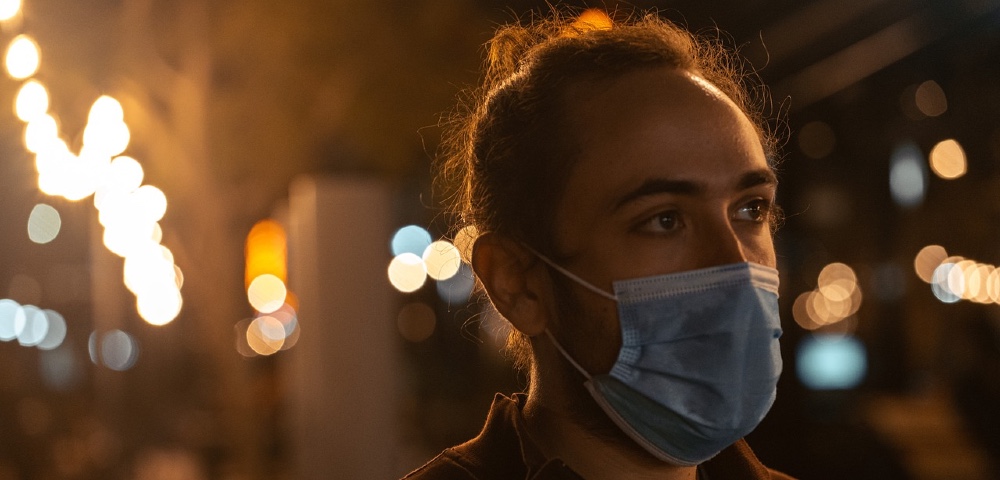

Health authorities in Victoria have warned of a “significant outbreak” of a severe community-acquired pneumonia disease in metropolitan Melbourne that has left people hospitalised, including some people in intensive care.
Around 22 cases – with most of them requiring hospitalisation – of Legionnaires’ Disease were identified in people who lived or had visited Metropolitan Melbourne. A further six suspected cases were reported after the outbreak was first identified on Friday, July 26, 2024.
The Department of Health said it was investigating the outbreak, which had been reported mostly in adults aged over 40 years, some of whom have required admission to intensive care.
Seek Urgent Medical Care
Dr Clare Looker, Chief Health Officer urged that anyone who develops symptoms “should seek urgent medical care”.
“All cases have visited or resided in metropolitan Melbourne. Those most at risk are adults aged over 40 years, especially people with other medical conditions or immunocompromised, or who smoke,” noted the alert issued by Dr Looker on Sunday.
The disease is caused by Legionella bacteria which is widespread and found in natural bodies of water such as rivers, lakes, creeks, and hot springs. However, it can also be found in venues like spas, and artificial systems that use water for cooling or heating, including cooling towers.
Health authorities said they were working to identify the source of the current outbreak and are testing local cooling towers and other potential sources.
The health department directed operators of cooling towers in the metropolitan Melbourne area “to ensure they are up to date with their cooling tower testing, servicing and auditing requirements.”
How Is Legionnaires’ Disease Spread
Legionnaires’ disease is not normally spread from person to person or by drinking contaminated water. It is usually spread when a person breathes in fine droplets of water containing Legionella bacteria
According to the health department, Legionnaires’ disease “usually presents as a chest infection with symptoms such as fever, chills, cough, headache, and muscle aches and pains.” Other symptoms may include confusion, nausea, vomiting, and diarrhea, while some could develop kidney impairment. In some people, the disease can lead to severe illness that may require hospitalisation.
The health department has asked anyone who lives in, works in, or has visited metropolitan Melbourne and develops symptoms to urgently seek medical care.
Who Is At Risk?
Not everyone who comes in contact with the bacteria necessarily contracts the disease.
People who are at greater risk of infection include those who:
- are aged over 40 years
- are smokers
- have a chronic lung disease
- have a weakened immune system
- have other underlying medical conditions such as chronic heart, liver, or kidney disease, and diabetes.









